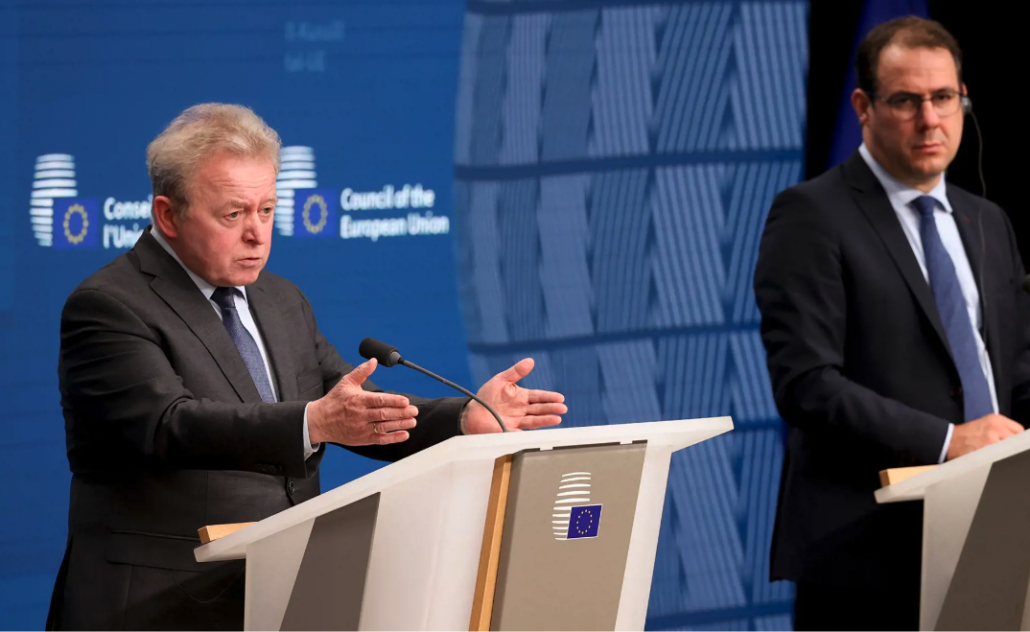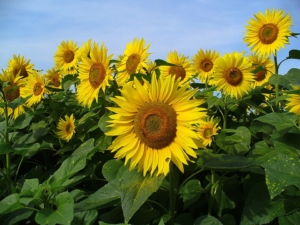
Deregulation of new genomic techniques before decision
After the EU Parliament's Agriculture (AGRI) Committee called for a patent ban on NGT-1 breeds on 8 January, the ENVI Committee will give its input to the EU Commissions draft law on new genomic techniques.
Although the required approval of 15 agriculture ministers was achieved in mid-December, the hotly debated proposal of the EU Commission to relax the rules for the cultivation and authorisation of crops produced using new genomic techniques, was not adopted. The reason for this was that the EU member states in favour did not represent the required 65% of the EU population, but only 57.8%. Germany (18.72%), Belgium (2.61%) and Bulgaria (1.44%) abstained, as the government coalitions were divided and nine states, including Poland (8.37%), saw a need for improvement of the draft regulation.
At the beginning of January, the AGRI Committee of the European Parliament made improvements and, among other things, called for a ban on the patenting of so-called NGT-1 plants. By definition, these are equivalent to conventional breeds, as they only contain genetic changes that could also have been produced using the chemical mutagens and irradiation used in conventional seed production. Poland had previously justified its rejection by arguing that the breeder’s privilege would be undermined by the proposed legislation and would open the door to seed monopolisation by large seed companies by patents on NGT-1 seeds.
Tomorrow, the ENVI Committee, which is also involved in the European Parliament’s opinion-forming process, will also announce its amendments, paving the way for a vote by the European Parliament on the EU draft law and a new vote in the Council of Agriculture Ministers. This time with a better chance of achieving the 65% of the EU population required for a qualified majority under the new Belgian Council Presidency.
It is certain that Germany and Belgium will once again abstain due to differing positions within its governments on the issue. Poland, which has also spoken out in favour of more market transparency, for example in the form of product labelling for NGT-1 plants, could tip the scales. The AGRI Committee rejected this on the grounds that the equivalence of NGT-1 plants to conventional varieties would first be determined – and, according to the Committee, by the member states themselves in accordance with the scientific guidelines of the EU authority EFSA. In a preliminary report from October, however, the rapporteur of the ENVI Committee speaks out in favour of labelling. The ENVI Committee’s recommendation tomorrow and the renewed vote in the Agriculture Council on 24 January on the NGT draft regulation are therefore eagerly awaited. This would generally be one of the last opportunities to reach a decision before the European Parliament elections in May and the vote on a new Commission in September.


 H. Zell - wikipedia.org
H. Zell - wikipedia.org fvm.dk
fvm.dk Adobe stock Photos - hkama
Adobe stock Photos - hkama